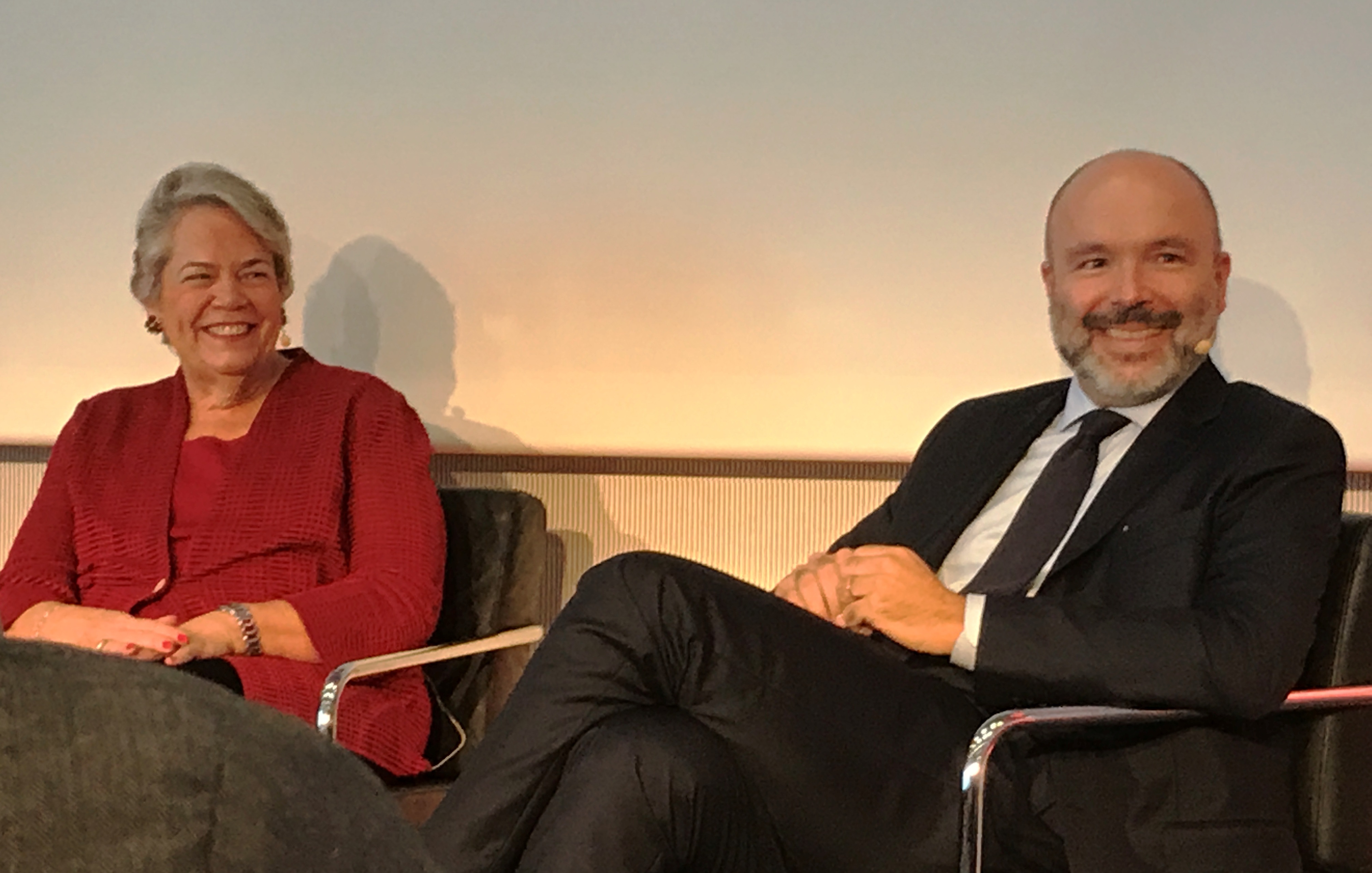 |
| Carolyn Reidy and Guillaume Dervieux |
"You have whole generations being trained for shorter attention spans than books require," said Carolyn Reidy, president and CEO of Simon & Schuster, during the annual CEO Talk at the Frankfurt Book Fair on Wednesday. Reidy and Guillaume Dervieux, CEO of the family-owned French publishing company Albin Michel, fielded questions from journalists from five global industry publications. The topics ranged from the role of the publisher in today's divisive political climate to competition with digital, social media and more. Publishing consultant Ruediger Wischenbart moderated the discussion.
Reidy described the battle for the consumer's attention and time as the "main thing," the "number one challenge" facing publishers, and one that has gotten only more critical since the advent of things like social media and especially video streaming services. She said it behooves publishers to "make sure in every way we can" that books remain "central to the discussion of what's going on in the culture." At the same time, Reidy and Dervieux agreed that for all of the dangers that they pose, social media does provide new opportunities for reaching consumers more directly than ever before and for finding new authors to publish, whether they be Youtubers, bloggers or Instagram poets.
"I'm not so sure that we should be so anxious about it," said Dervieux. "For the moment, no indie author has said to us, 'no, I prefer to stay [independent], I don't want to have my book published.' "
When asked whether today's hostile political climate factors into decisions on what books to publish, Reidy answered that it does, adding that things have gotten so contentious that people of opposing viewpoints often "don't even want to understand" the other side. She said that S&S has always "made a point" of publishing points of view "from all sides" and "books we feel can help elucidate the conversation," and she suggested that the industry "would be in trouble" if publishers decided to publish only books "we all agree with."
"The real question is the books that don't make us as comfortable, and should we be publishing those too," said Reidy. She encouraged publishers to "make sure that we stay open to cogent and well done books of all points of view, so that the discussion can continue on the level that we as publishers can hopefully help provide."
Reidy said she felt that one of the "particularly troublesome" things about the current environment was the growing trend of calls for boycotts and censorship "bubbling up from the public." She argued that it is increasingly important for publishers to defend the right of freedom of expression "against mob rule."
On the subject of self-published and independent authors, Reidy said that self-publishing has certainly caused traditional publishers to lose some customers; in particular the market for mass market romance novels has all but "dried up." What used to be a huge paperback market, she explained, has largely gone to digital original. But while self-publishing may cause some consumers and authors to turn away from the traditional system, it also affords publishers an opportunity to "make the case of what it is we provide," which Reidy described as everything from "the editorial and marketing to legal representation and copy-editing." Dervieux, meanwhile, said that he did not think self-publishing was a competitor, but may actually be "the exact opposite of what we are doing."
Noting that it's been 10 years since the mainstream adoption of e-books began, Reidy and Dervieux talked about why they think the dire predictions of the death of print have not come to pass. Reidy proposed that while nothing "went wrong" with e-books to cause the leveling-off of their popularity, consumers most likely simply "got tired of screens." She noted that for years before e-books, publishers had been "taking pennies out of the cost of making a book," but when digital became widespread, publishers began "spending years putting value back into the book." Dervieux wondered if perhaps the industry expected "too much, too soon," from the e-book format, and remarked that even by the "grace of Jeff Bezos and huge discounts," such a large shift in consumer habits could not happen in such a hurry.
Reidy added that she believes "very firmly" that a new version of the book based on digital delivery will come eventually, though she does not know what it might look like. "Some person who is young and grew up with the screen will come up with something that I hope we recognize," she continued. "There will be a new form of it, because there has to be."
When asked why Michel Albin had purchased physical bookstores in France, Dervieux answered that in large part it's because of the belief that "there is a future, a bright future, for brick-and-mortar retail and the brick-and-mortar bookshop" as places of "interaction" and "human exchanges." He concluded: "We are sure it will be a wonderful period happening for the brick-and-mortar retailer." --Alex Mutter
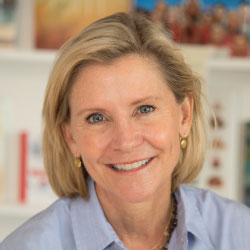 "We do need to make it work as a business. But if we are enriching the community, then I think that's the greatest measure of our success. We've received so many kind and wonderful compliments, everything from 'What in the world are you thinking?' to 'Oh, thank you so much for being here.' "
"We do need to make it work as a business. But if we are enriching the community, then I think that's the greatest measure of our success. We've received so many kind and wonderful compliments, everything from 'What in the world are you thinking?' to 'Oh, thank you so much for being here.' "


SHELFAWARENESS.1222.S1.BESTADSWEBINAR.gif)


SHELFAWARENESS.1222.T1.BESTADSWEBINAR.gif)

 As Shelf Awareness
As Shelf Awareness 

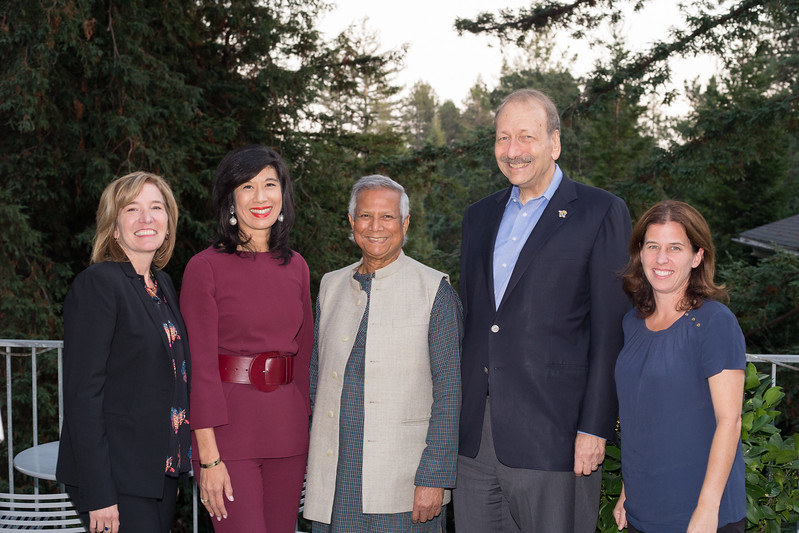 Tuesday night,
Tuesday night, 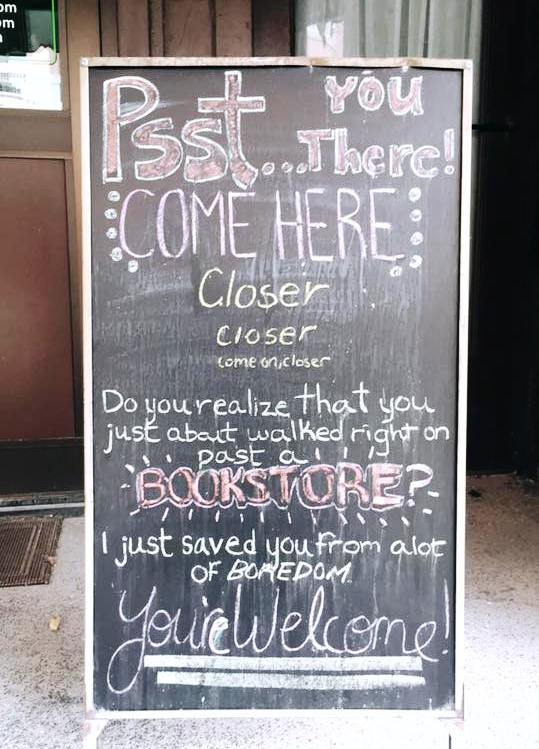
 Grandpa's Ghost Stories
Grandpa's Ghost Stories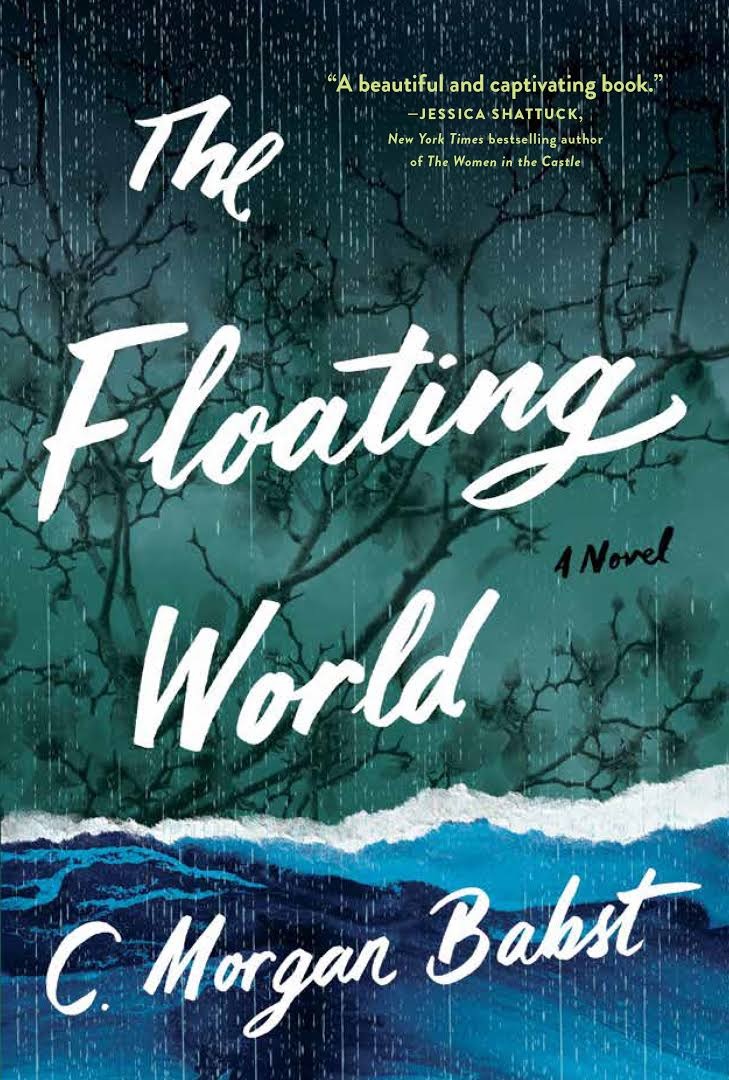 Hurricane Katrina serves as a backdrop for the separation and upheaval affecting each member of the Boisdoré family. Tess and Joe's marriage, already frayed from the burden of long-buried and unspoken economic class and racial differences, becomes more tenuous after the couple evacuates New Orleans without their daughter Cora, who has gone missing. Suspecting that Cora may have been the victim of--or participated in--a crime during the storm, Tess and Joe's guilt and anger with each other intensifies. Meanwhile, the vagaries of dementia cause Joe's father, Vincent, to disappear frequently from his remote cabin, and another daughter, Del, returns from New York to help find Cora while attempting to escape her own mistakes.
Hurricane Katrina serves as a backdrop for the separation and upheaval affecting each member of the Boisdoré family. Tess and Joe's marriage, already frayed from the burden of long-buried and unspoken economic class and racial differences, becomes more tenuous after the couple evacuates New Orleans without their daughter Cora, who has gone missing. Suspecting that Cora may have been the victim of--or participated in--a crime during the storm, Tess and Joe's guilt and anger with each other intensifies. Meanwhile, the vagaries of dementia cause Joe's father, Vincent, to disappear frequently from his remote cabin, and another daughter, Del, returns from New York to help find Cora while attempting to escape her own mistakes. 